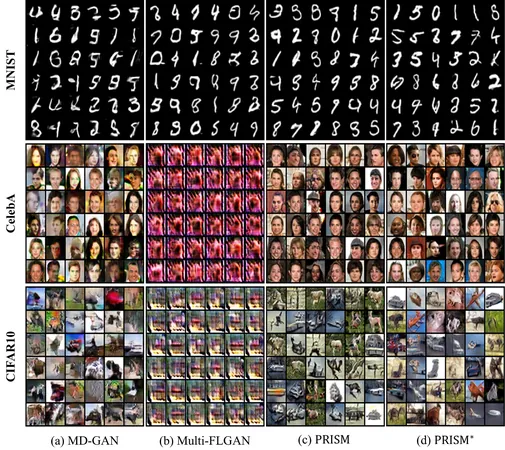
Groundbreaking Study Uncovers Blood Biomarkers That Could Predict Dementia Up to a Decade In Advance!
2025-04-03
Author: Sarah
The Power of Prediction: Understanding Alzheimer’s Disease Risks
The research, published in the prestigious journal Nature Medicine, examined three pivotal proteins in the blood: tau217, Neurofilament Light (NfL), and Glial Fibrillary Acidic Protein (GFAP). These biomarkers play significant roles in the neurodegenerative processes associated with dementia, and the study set out to determine if measuring such biomarkers in cognitively healthy older adults could unveil their future risk of developing dementia.
Key Findings from the Study
In a comprehensive investigation involving over 2,100 independent older adults aged 60 and above, these participants were monitored for a decade to observe any developments in their cognitive health. Remarkably, by the end of this period, 17% had received a dementia diagnosis.
What’s even more impressive is the predictive capability of these biomarkers; researchers found that they could correctly anticipate the onset of dementia in participants with an accuracy of up to 83%! This impressive level of foresight highlights the potential for earlier diagnosis and intervention.
The Implications for Dementia Care
While these findings are promising, the researchers caution that the biomarkers are not yet equipped for widespread use as standalone screening tools within the general population. This is due to their relatively low positive predictive value; elevated biomarker levels do not guarantee dementia will develop, while lower levels can offer some reassurance.
Combining the three biomarkers—such as assessing tau217 in conjunction with NfL or GFAP—might enhance the precision of risk predictions. However, more research is essential to determine how these biomarkers can be practically implemented within real-world healthcare systems, particularly for older adults living independently or within supportive communities.
A Glimpse into the Future of Dementia Research
Currently, these discoveries predominantly serve researchers, assisting in pinpointing individuals at a high risk for dementia who might benefit from targeted studies or trials aimed at slowing or preventing disease progression. The researchers advise caution against applying these biomarkers as a blanket screening tool for dementia just yet.
This pivotal study not only advances our understanding of dementia but also offers a glimmer of hope for improved lives among those at risk. Future investigations will focus on how to integrate these biomarkers with clinical and biological data to develop a robust predictive tool that benefits the broader population.
Financed by major organizations including the Swedish Research Council and the Swedish Brain Foundation, this research marks a significant milestone toward better dementia outcomes in the years to come. Stay tuned as we await the transformative potential of these findings in the realm of dementia diagnosis and care!




 Brasil (PT)
Brasil (PT)
 Canada (EN)
Canada (EN)
 Chile (ES)
Chile (ES)
 Česko (CS)
Česko (CS)
 대한민국 (KO)
대한민국 (KO)
 España (ES)
España (ES)
 France (FR)
France (FR)
 Hong Kong (EN)
Hong Kong (EN)
 Italia (IT)
Italia (IT)
 日本 (JA)
日本 (JA)
 Magyarország (HU)
Magyarország (HU)
 Norge (NO)
Norge (NO)
 Polska (PL)
Polska (PL)
 Schweiz (DE)
Schweiz (DE)
 Singapore (EN)
Singapore (EN)
 Sverige (SV)
Sverige (SV)
 Suomi (FI)
Suomi (FI)
 Türkiye (TR)
Türkiye (TR)
 الإمارات العربية المتحدة (AR)
الإمارات العربية المتحدة (AR)